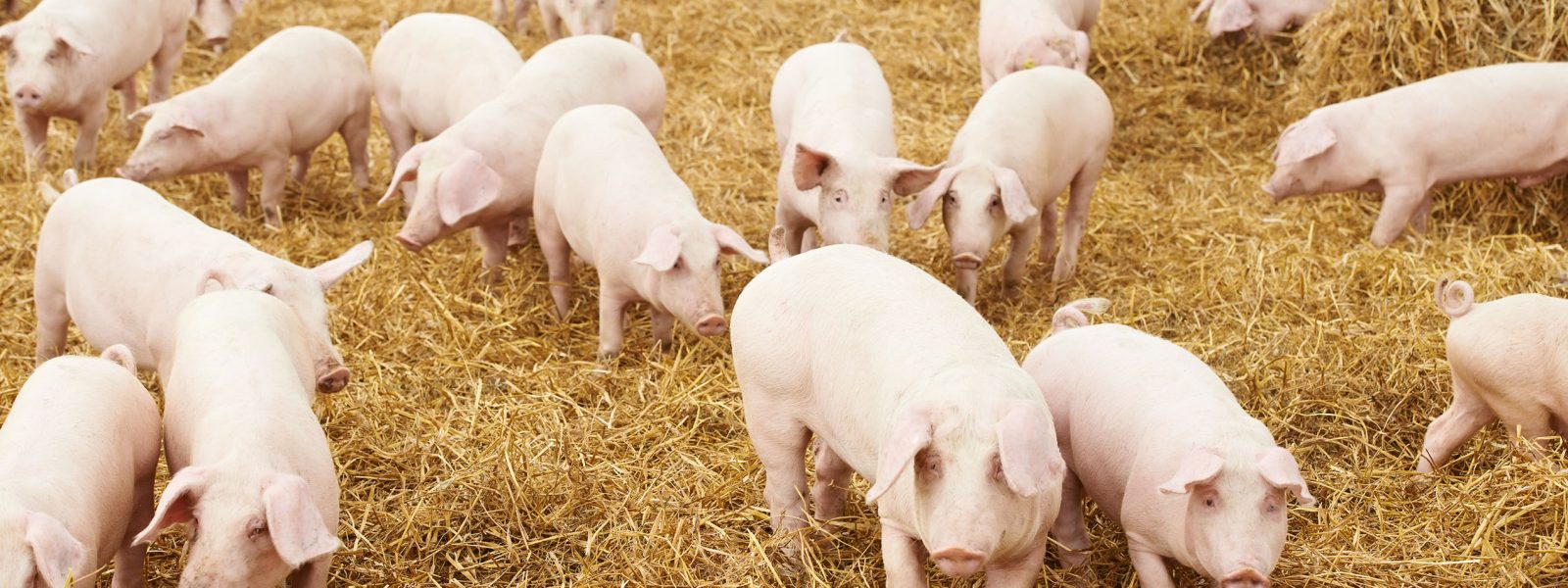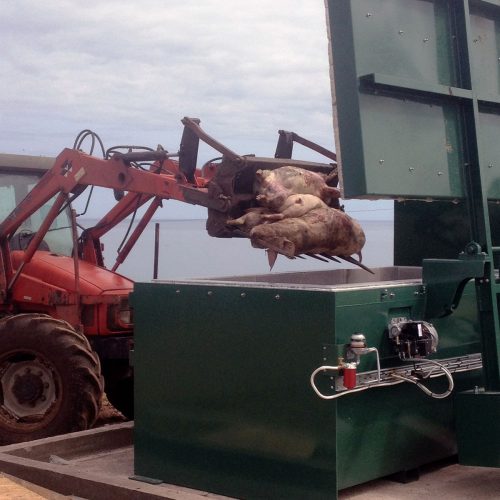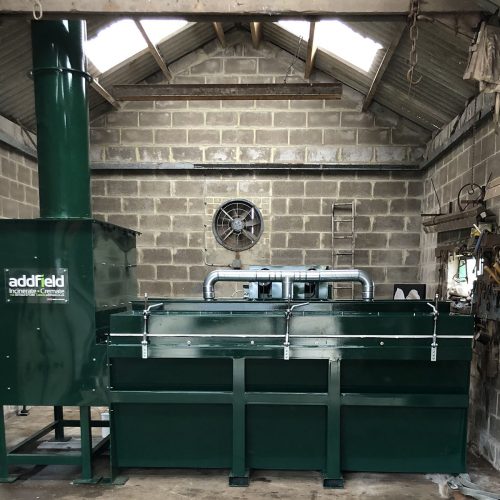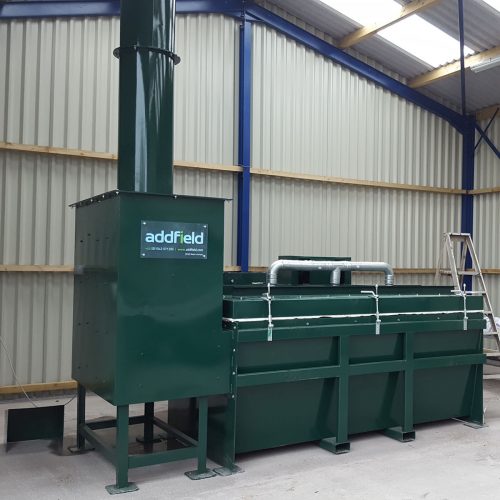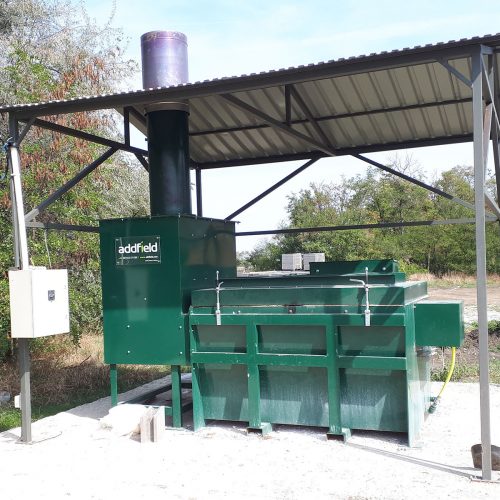African Swine Fever
African Swine Fever has continued to cause havoc as it spreads across the globe achieving almost epidemic proportions since returning in 2014.
Gradually spreading its way country to country often across borders being spread by wild boars and undiagnosed infected animals.
Comprehensive Biosecurity is one of the most successful ways of preventing and combatting African Swine Fever and other Viral infections that have historically devastated agricultural livestock.
A Rapid Response is Essential
In the case of African Swine Fever, time is incredibly important. Removing all fallen and potentially infected livestock from the environment fast has proven to reduce the risks to the rest of the country.
As leaders in agricultural incineration since our inception in 1982. We have worked with many of the worlds largest Pork producers which have established Addfield and specifically the SB and TB machines as the go-to machines to be installed on Pig Farms.
Working with Hungarian Pig Farms
Since the outbreak began to impact farms across Hungary our local distributor Farmtechnik has seen a dramatic increase in orders across our SB, TB and TB-AB machines across the country.
These three machines have been found to be the perfect solution for pig farms of various sizes being both compact yet able to comfortably manage the largest of breeding sows. Used to economically dispose of fallen stock and associated waste on-site and efficiently alongside benefitting biosecurity.
Farmtechnik chose to distribute Addfield agricultural incinerators due to our long-established reputation for delivering machines that are built to last and delivering consistent performance able to be relied upon whenever it is really needed. Confident in the quality and consistency of our machines as the oldest Addfield machine still in operation is more than 23 years old and still running smoothly.
Prevention is better than cure.
While there were not any confirmed infections in domestic pigs in 2019 in part due to biosecurity measures being put into place across the country there were more than 5000 pigs culled due to the proximity and suspicion of coming into contact with ASFV. The pigs have been culled not due to signs of infection but because the NEBIH (National Food Chain Safety Office) has implemented that if there is the slightest chance that they may have been exposed to the virus that they are removed from the system and this applies to the entire herd.
This approach reinforces the benefit of incinerating on-site as our customers removed the element of a collection firm that could have visited several pig farms without properly following biosecurity measures potentially putting their livestock at risk. Whilst also enabling the farms to react much quicker reducing any potential costs. Through managing fallen stock independently without an external disposal company coming to site has enabled our customers to greatly reduce the risk of infection and costs of early termination.
The Impact of ASF on Hungary
First detected in Hungary in April 2018 throughout the following year and the rest of 2019 there were nearly 900 cases of African Swine Fever across Hungary including in Budapest. It is generally believed that the majority of the causes were infected wild boar however it is also suspected that some of the infections were caused by people who had previously been in contact with infected animals.
African Swine Fever is very damaging to the economy and farmers livelihood. Importers of pork have already placed temporary bans on pork and pork products from Hungary including Serbia, Japan, Taiwan, Singapore, South Korea, Belarus and South Africa. This impact has already cost the Hungarian economy tens of millions of euros.
The Future Impact to ASFV
Although it is impossible to state exactly what will happen worldwide with African Swine Fever in the future, it is clear that it is still having a major impact on the global pork market and does not look to be slowing down. New countries are continuing to report outbreaks, and still more are at risk. Addfield has seen the impact from Viral epidemics in the past and know from experience that the countries that practice solid Biosecurity practices and dispose of their infected stock through appropriate incineration also see their risks and infection rate reduce the quickest rather than countries that simply bury their waste. Already receiving satisfying feedback from our recent installations for Farmtechnik We are continuing to work with them on several more installations with pig farms of all sizes.

